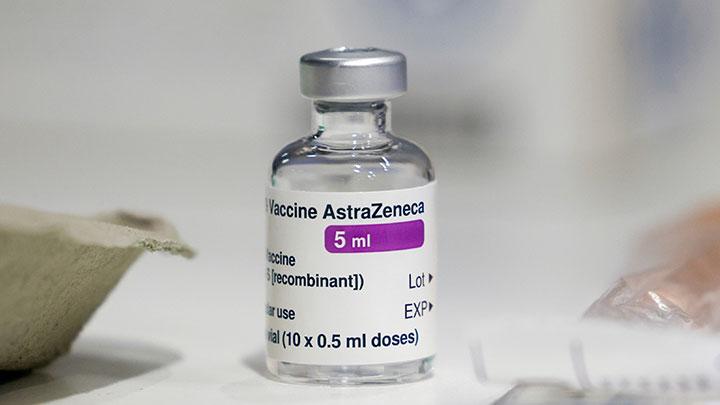Wolbachia Has No Potential to Cause New Disease: Health Ministry
Translator
Editor
18 November 2023 01:17 WIB

TEMPO.CO, Jakarta - The Indonesian Health Ministry clarified that the use of Wolbachia bacteria in an effort to curb the transmission of dengue hemorrhagic fever will not result in the emergence of new diseases.
"Wolbachia does not generate new diseases that are dangerous to health. Research and risk analysis had been conducted," health ministry’s spokesperson Siti Nadia Tarmizi said on Friday, November 17, 2023.
According to research by the Center for Tropical Medicine, Gadjah Mada University (UGM), Wolbachia is a common bacterium found in insect species such as butterflies, flies, and bees. Referring to studies conducted in five hamlets covering residential and agricultural areas in Sleman and Bantul Regencies, Yogyakarta in 2012, she emphasized that the Wolbachia pipientis bacteria was discovered in 44.9 percent of insect species, including butterflies, moths, mosquitoes, and flies.
The research findings also revealed that the bacterium does not infect humans or other vertebrates and does not cause any diseases. “Wolbachia is an obligate endosymbiont that can only live inside the cells of other living organisms,” Nadia explained.
Nadia explained that Aedes aegypti mosquitoes carrying the bacterium could effectively reduce dengue fever cases.
The Health Ministry has released the Wolbachia mosquito larvae in five dengue-endemic cities in order to control the transmission of the dengue virus in the country since early 2023. They are Semarang City (47,251 areas), Bandung City (20,513 areas), West Jakarta City (18,761 areas), Kupang City (9,751 areas), and Bontang City (4,917 areas).
Editor's Choice: Wolbachia, a New Way of Preventing Dengue Fever
Click here to get the latest news updates from Tempo in Google News























